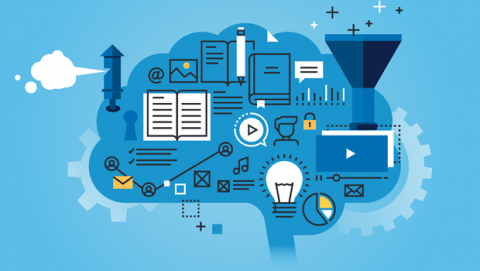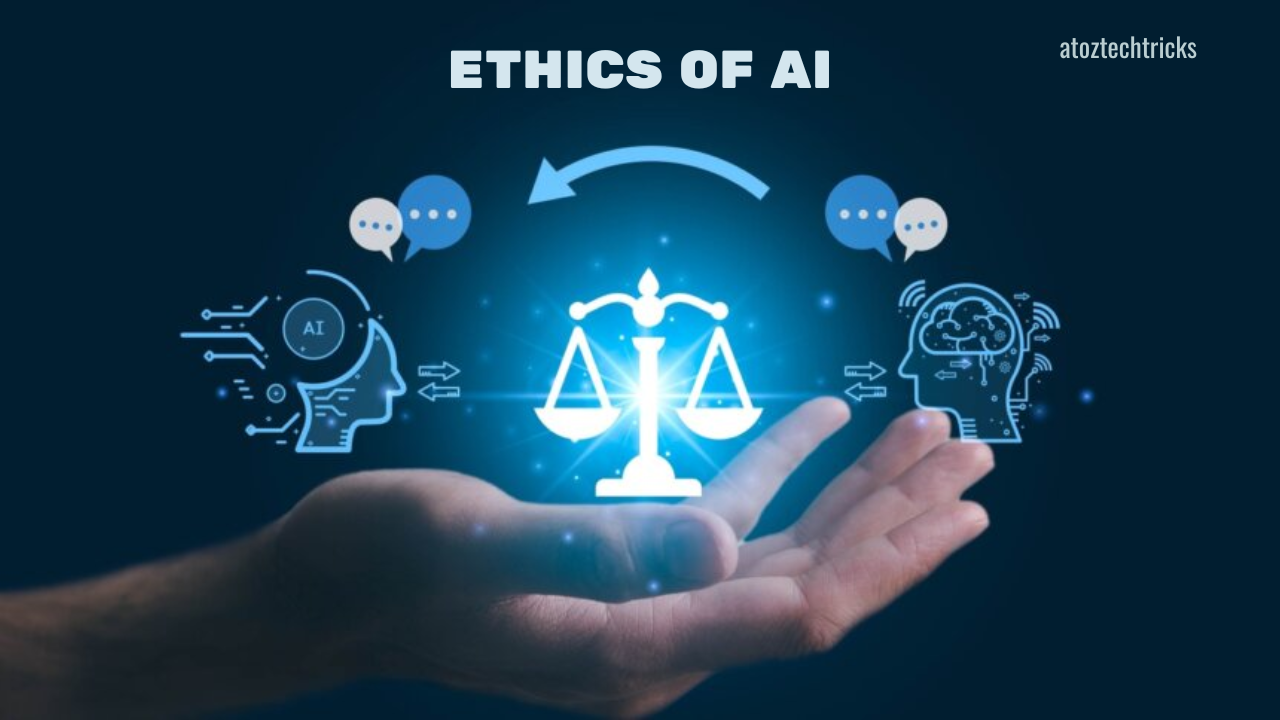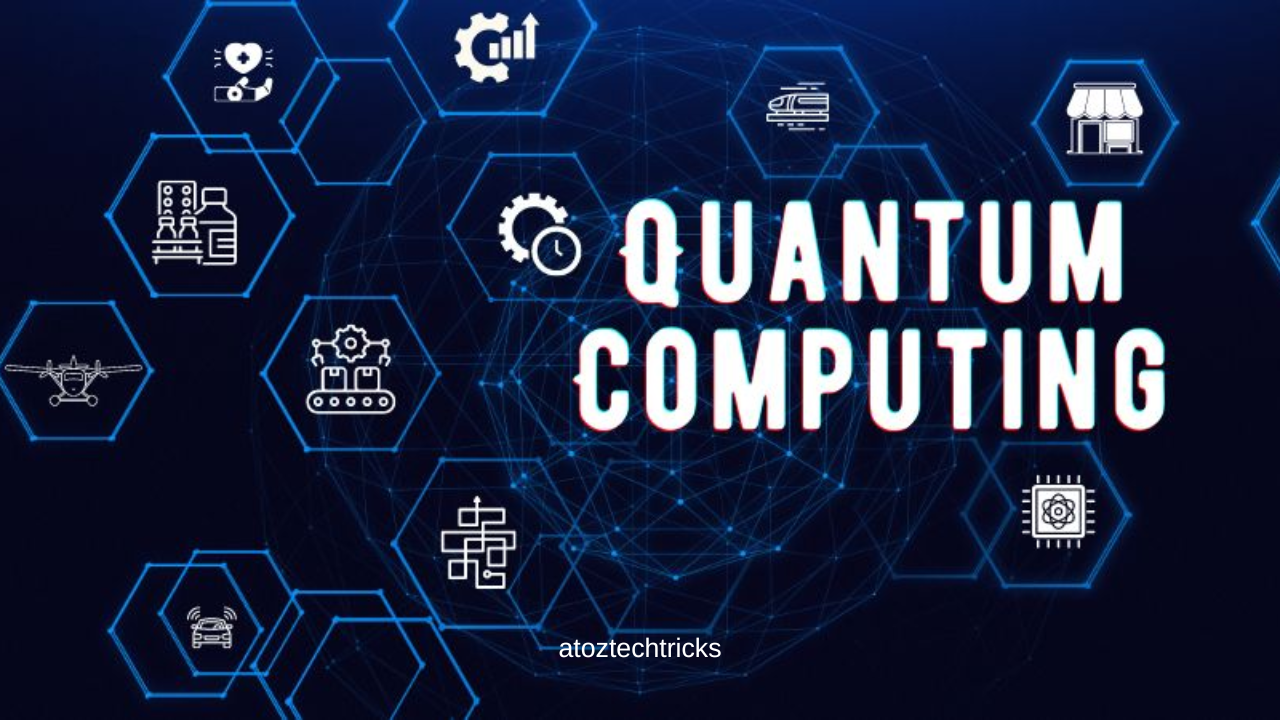Ethics of AI: Navigating the Future of Artificial Intelligence
Artificial Intelligence (AI) has rapidly transformed numerous facets of our lives, from how we work to how we interact with technology. While the advancements in AI hold incredible promise, they also present significant ethical challenges. The ethical implications of AI are multifaceted, involving issues related to privacy, bias, accountability, and the impact on society as a whole. This article delves into these critical areas, aiming to provide a comprehensive overview of the ethical considerations surrounding AI.
1. Understanding AI Ethics
AI ethics refers to the moral principles and guidelines that govern the development, deployment, and use of AI technologies. As AI systems become more integrated into daily life, it is essential to ensure that they are designed and used in ways that are fair, transparent, and beneficial to society.
AI ethics encompasses several key areas:
- Transparency: How AI systems make decisions and the clarity of these processes.
- Bias and Fairness: Ensuring that AI systems do not perpetuate or exacerbate existing biases.
- Accountability: Identifying who is responsible when AI systems cause harm or make mistakes.
- Privacy: Protecting individuals’ personal information in an era of data-driven AI.
2. Transparency in AI Systems
Transparency is a cornerstone of ethical AI. It involves making the operations of AI systems understandable to users and stakeholders. The “black box” nature of many AI systems—where decision-making processes are opaque—can lead to mistrust and misuse.
Challenges:
- Complexity: Many AI models, especially deep learning algorithms, operate in ways that are difficult for even their creators to fully understand.
- Explainability: There is a need for AI systems to provide explanations for their decisions that are comprehensible to users without a technical background.
Solutions:
- Explainable AI (XAI): Developing techniques and models that provide insights into how decisions are made.
- Documentation: Maintaining clear and detailed documentation of AI systems’ design and decision-making processes.
3. Addressing Bias and Fairness
AI systems are often trained on large datasets that may contain biases reflecting historical inequalities or societal prejudices. When these biases are incorporated into AI systems, they can perpetuate and even amplify existing injustices.
Types of Bias:
- Data Bias: Arises when the training data is not representative of the broader population.
- Algorithmic Bias: Occurs when the algorithms used to process data reinforce biases present in the data.
- Societal Bias: Reflects broader societal prejudices and stereotypes that may influence the design and application of AI systems.
Mitigation Strategies:
- Diverse Data: Ensuring that training datasets are representative of all relevant demographics.
- Bias Audits: Regularly evaluating AI systems for bias and taking corrective actions as needed.
- Inclusive Design: Involving diverse teams in the design and development of AI systems to address potential biases.

4. Accountability in AI Systems
Determining accountability in AI systems can be challenging, particularly when AI decisions lead to unintended consequences or harm. Clear guidelines are needed to establish who is responsible for AI-related issues.
Key Considerations:
- Responsibility: Identifying who is accountable when an AI system malfunctions or causes harm (e.g., developers, companies, or users).
- Regulation: Implementing legal and regulatory frameworks to ensure that AI systems are used responsibly.
Approaches:
- Clear Governance Structures: Establishing roles and responsibilities for AI development and deployment.
- Regulatory Oversight: Creating regulations that address accountability and provide recourse for affected individuals.
5. Privacy Concerns in AI
AI systems often rely on vast amounts of data, raising significant privacy concerns. The collection, storage, and analysis of personal data must be handled with care to protect individuals’ privacy.
Privacy Issues:
- Data Collection: The extent to which personal data is collected and used.
- Data Security: Ensuring that collected data is securely stored and protected from breaches.
- Data Usage: How data is used and whether individuals are informed and consent to its use.
Protective Measures:
- Data Anonymization: Removing personally identifiable information from datasets to protect individuals’ identities.
- Privacy Policies: Implementing and communicating clear policies regarding data collection and usage.
- User Consent: Ensuring that users are informed and give consent for their data to be collected and used.
6. The Impact of AI on Employment
AI has the potential to transform the job market, leading to both opportunities and challenges. While AI can enhance productivity and create new job roles, it can also lead to job displacement and increased economic inequality.
Employment Impacts:
- Job Automation: AI can automate tasks previously performed by humans, potentially leading to job losses.
- Job Creation: New technologies often create new job opportunities and industries.
- Skill Gaps: There may be a growing need for workers with skills to develop, manage, and work alongside AI systems.
Strategies:
- Reskilling and Upskilling: Providing education and training to help workers transition to new roles.
- Social Safety Nets: Implementing policies to support individuals affected by job displacement.
- Inclusive Growth: Ensuring that the benefits of AI advancements are distributed equitably across society.
7. Ethical AI in Decision-Making
AI systems are increasingly used in critical decision-making processes, from healthcare to criminal justice. The ethical implications of these applications must be carefully considered.
Applications:
- Healthcare: AI can assist in diagnosing diseases and personalizing treatment, but it must be used ethically to ensure fairness and accuracy.
- Criminal Justice: AI systems used in predictive policing and sentencing must be scrutinized to prevent reinforcing biases and injustices.
Ethical Guidelines:
- Fairness: Ensuring that AI systems do not unfairly disadvantage any group.
- Accuracy: Verifying that AI systems provide accurate and reliable information.
- Transparency: Making decision-making processes clear and understandable to affected individuals.

8. The Future of AI Ethics
As AI technology continues to evolve, new ethical challenges will emerge. It is crucial to proactively address these challenges to ensure that AI develops in a way that is aligned with societal values and human rights.
Emerging Issues:
- Autonomous Systems: The ethics of AI systems that operate independently and make decisions without human intervention.
- AI in Warfare: The use of AI in military applications raises concerns about accountability and the potential for unintended harm.
- Global Standards: Developing international standards and agreements to guide the ethical use of AI across different countries and cultures.
Future Directions:
- Ongoing Research: Continually researching and updating ethical guidelines as AI technology evolves.
- Public Engagement: Involving diverse stakeholders, including the public, in discussions about AI ethics.
- Ethical AI Frameworks: Creating and implementing comprehensive frameworks for ethical AI development and deployment.
Mental Health: Understanding, Promoting, and Sustaining Wellbeing
The ethics of AI is a rapidly evolving field that requires continuous attention and adaptation. As AI technologies become more integrated into our lives, addressing ethical issues related to transparency, bias, accountability, privacy, and employment is crucial. By proactively addressing these challenges and fostering a culture of ethical AI development, we can ensure that AI technologies are used in ways that are fair, responsible, and beneficial to society. The future of AI holds immense potential, and navigating its ethical landscape will be key to harnessing its benefits while mitigating its risks.




Post Comment